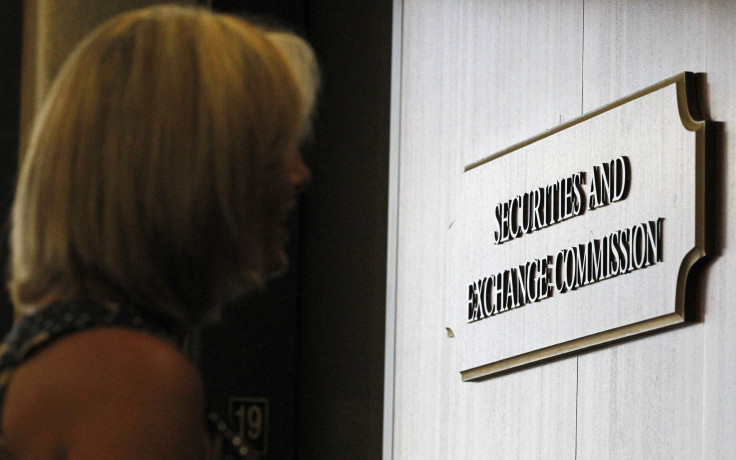SEC Examinations Director Raises Eyebrows With Flattery Of Private Equity

Andrew Bowden, director of the Securities and Exchange Commission’s examinations office, has drawn scrutiny over comments he made March 5 at a conference for private equity firms and other investors. “This is the greatest business you could possibly be in,” he said in an enthused response to a question about regulatory burdens.
He went further, suggesting that his own son should join the industry. “I have a teenaged son. I tell him, ‘Cole, you want to be in private equity. That’s where to go, that’s a great business.’”
“I would love to hire your son,” came a voice from the crowd.
The comments, first highlighted by finance and economics writer Yves Smith at her site Naked Capitalism, have brought renewed attention to the perceived coziness between regulators and the financial industry.
“We often see evidence of a chummy relationship between regulator and regulated at industry conferences,” said Michael Smallberg of the Project on Government Oversight (POGO), who is known as an expert on so-called revolving-door conflicts. “It can make regulators sympathetic with the firms that they oversee.”
In 2013 POGO released a report on revolving-door relationships at the SEC, specifically highlighting the lack of transparency around officials’ participation in industry conferences and panels.
The March event was moderated by Joseph Grundfest, a former SEC commissioner who currently sits on the board at the private equity firm KKR. Last year, former top SEC prosecutor Bruce Karpati joined KKR as its chief compliance officer. Bowden has taken the opposite path, coming to the SEC's Office of Compliance Inspections and Examinations in 2011 from the wealth management firm Legg Mason.
Last May Bowden ruffled industry feathers with a speech outlining the unflattering findings of more than 150 exams made by his division, which he called the “eyes and ears” of the SEC. “We have identified what we believe are violations of law or material weaknesses in controls over 50 percent of the time,” he told a gathering of private equity leaders.
SEC examiners had raised red flags over a number of problems endemic to private equity, Bowden said, including conflicts of interest, poorly documented fee structures and misleading valuations. In all, he characterized the findings as "not flattering" for the industry.
In his comments this month, however, Bowden appeared to downplay these concerns. After noting that private equity was a field “where we have seen some misconduct and things like that,” Bowden said, “To my simple mind, I think … the people in private equity, aren’t they the greatest?”
© Copyright IBTimes 2025. All rights reserved.






















